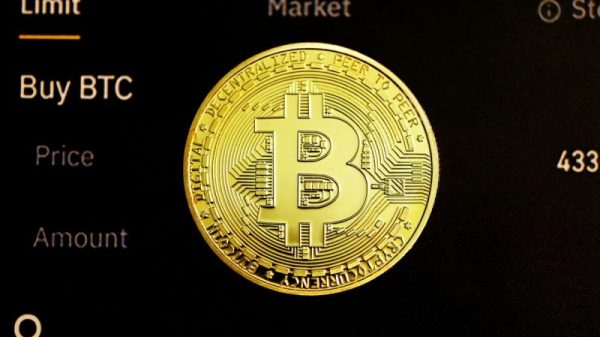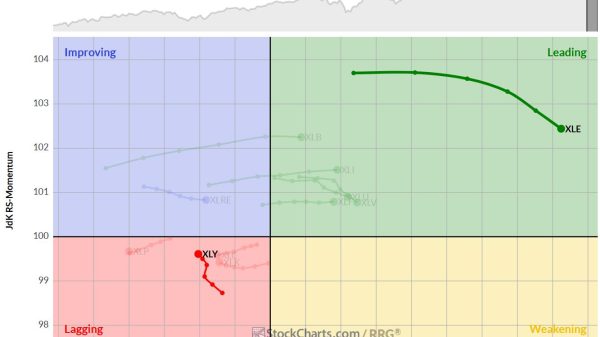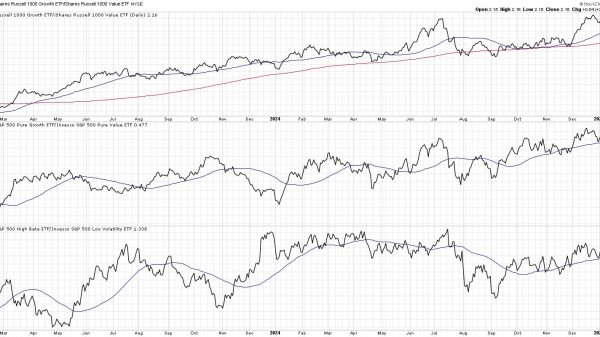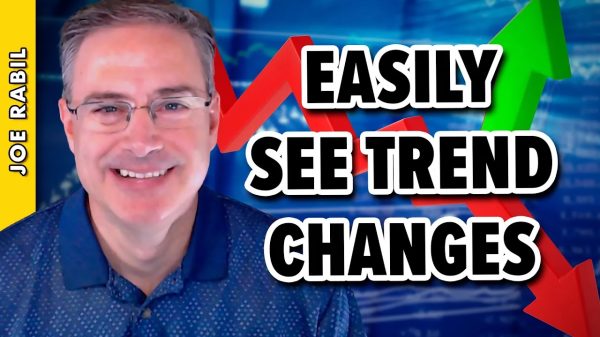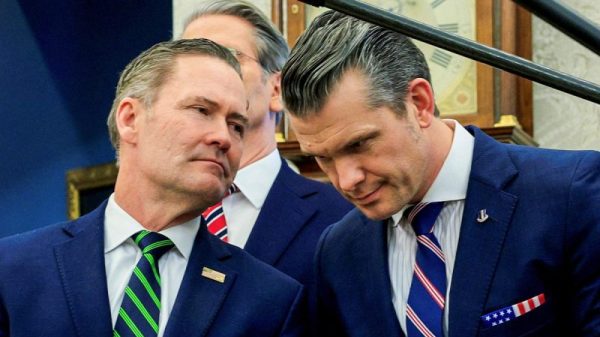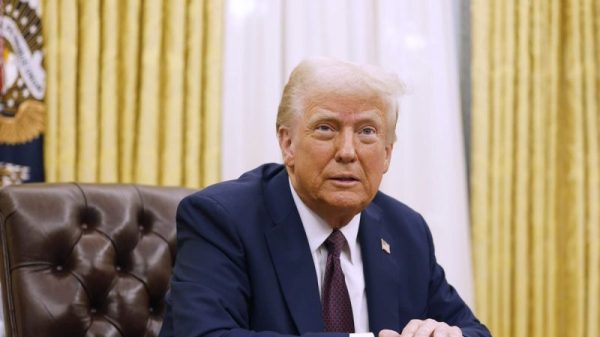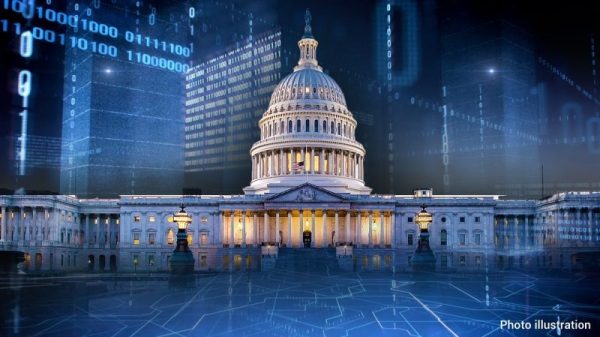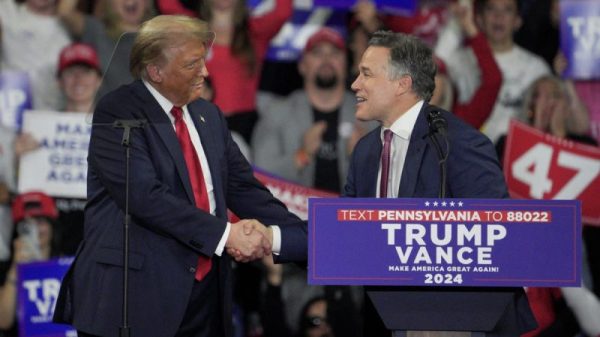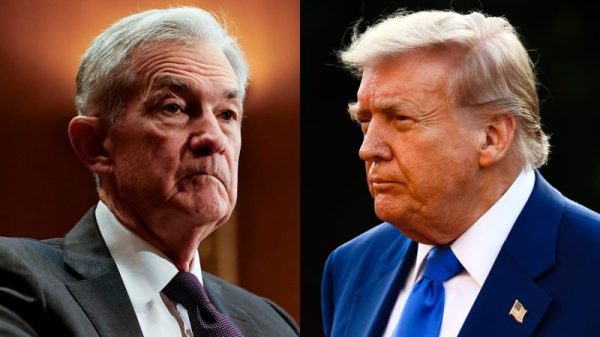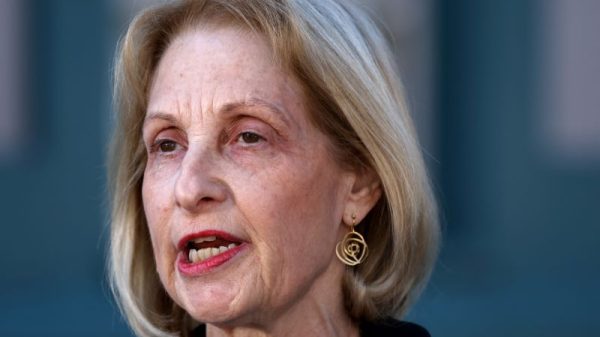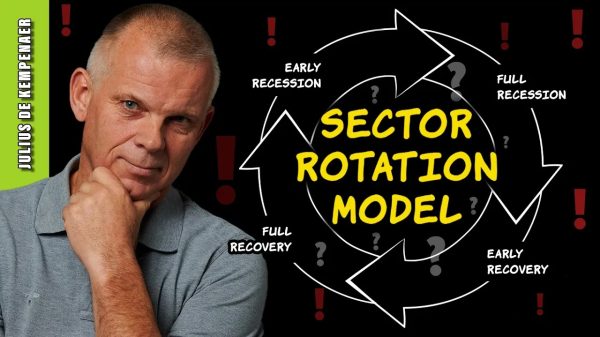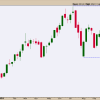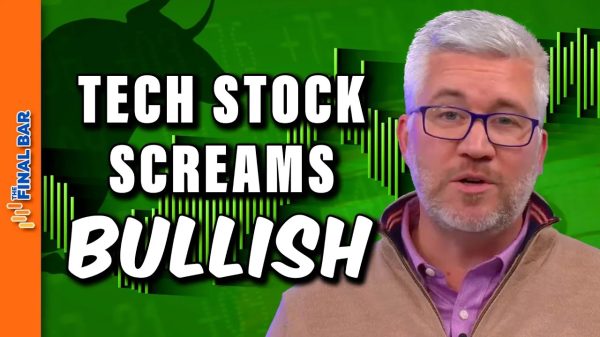Price controls are making a comeback across the United States. Federal, state, and local governments increasingly control rents, minimum wages, interest rates on short-term loans, healthcare prices and premiums, credit card late fees and even food delivery service charges. The sharpest inflation burst since the early 1980s has also seen Democrats demand a federal anti-price gouging law, anti-”junk fees” rules, and even efforts to prevent companies engaging in “shrinkflation” or algorithmic dynamic pricing.
I call all this The War on Prices, the title of a new Cato Institute book. And when it comes to this war, economists are typically pacifists. The long sweep of history, from ancient Egypt to modern America, shows us that price controls can’t quell inflation, because they don’t fundamentally change the money supply or aggregate production. What controls on market prices guarantee is inefficiency. They squelch the delicate coordination mechanism that prices and their movements provide to encourage economical action. Price ceilings, the most common incarnation, are thus a tried-and-tested recipe for shortages, declines in product quality, and black markets.
Yet if we know the destructive effect of government price controls as a matter of economic science, what explains their current revival? Who is behind this new “war on prices” and what, exactly, are they hoping to accomplish?
The specific answer for “why now?” — the Archduke Franz Ferdinand moment, say — was the recent inflation. Americans are livid that their grocery prices are up 21 percent in three years, used car prices up 19 percent, and electricity prices up 29 percent. They aren’t chuffed that the cost of financing new mortgages and auto-loans has surged after money was tightened to reduce inflation. Faced with this wrath of angry citizens, politicians and central bankers have every incentive to deflect blame elsewhere towards malevolent actors and one-off shocks, excusing their own culpability for excessive macroeconomic stimulus.
That, broadly, is what occurred. The Federal Reserve, which oversaw a $6 trillion money supply expansion in two years, initially claimed inflation was “transitory” and the result of one-off supply crunches due the pandemic and war in Ukraine. Joe Biden’s Democrats, who waved through their $1.9 trillion American Rescue Plan in March 2021, putting more stimulus fuel on the fire, now blame greedy corporates for the results of Washington DC’s collective folly. There’s a political self-interested reason to do so, and regular empirical “research” from heterodox economists and left-leaning pressure groups, those who cheered on “running the economy hot” in 2021 and want Democrats re-elected, keeps this narrative going.
This self-serving buck-passing has been successful: the idea that the overall inflation of this period owes to profit-seeking and one-off supply-shocks, rather than monetary largesse, is now the anthem of large segments of the population. And once you believe that corporate profit-puffing or Vladimir Putin is driving up specific prices and from that inflation, why shouldn’t the state step in and simply stop it happening through price controls? The fact that many of the consequences of an unexpected inflation (such as temporary profit spikes and firms scrambling to hide price increases through shrinkflation and new charges etc) can “feel” like customers and workers are being taken advantage of merely strengthens the case.
Yet if that is “why now?” for this War on Prices, it doesn’t explain why the public are susceptible to these faulty arguments. The sad truth is that general public misconceptions about prices create the conditions for this demagoguery at any time. Unfortunately, most people just don’t see prices as being determined by broader forces of supply and demand. They ignore that companies are disciplined in what they can charge by the forces of competition and consumers’ willingness and ability to pay. When they see most prices going up, they thus blame the company changing the price, not the central bankers who propelled the money supply that drove extra spending and pushed up the price level, nor the supply and demand conditions in the individual market.
In fact, as the late Nobel prize winning economist Daniel Kahneman found in survey work in the 1980s, the general public views price increases as acceptable only when they are driven by firms’ costs increasing, not consumers’ demands surging. This explains the aversion to so-called “price gouging” after emergencies and the common skepticism about dynamic pricing. It also provides insight on why many were angry to see that profits rose alongside prices in 2021-22 (given retail prices tend to be more flexible than companies’ costs like wages when there is money-driven inflation).
In short, deeply held moral intuitions about prices provide fuel that politicians have now ignited. Individual prices are not widely seen, as they should be, as messengers of relative scarcity; the price level is not seen as set by actions of the Federal Reserve. Prices are instead perceived as barriers to our ambitions, set by people — landlords and businesses, mainly — who don’t act for the greater good. It’s thus perfectly legitimate, so the argument goes, to have the government control them to “help people.” That individual price controls such as rent control and minimum wages have been introduced or tightened over the past decade in the name of aiding the poor has normalized the view that tampering with specific prices is no big deal. An unexpected inflation, arbitrarily redistributing income as it does, creates a fertile environment to justify controlling more prices still.
An economist is normally that annoying person who will tell you why such intuitions are wrong or would result in disastrous consequences. And, to be clear, many still do, with the overwhelming majority of academics in surveys rejecting price controls time and again as useless at reducing inflation and harmful to economic efficiency. It’s economists, after all, who’ve written The War on Prices, harnessing theory and evidence against such pricing misconceptions.
Yet the truth is the economics academy in general has downplayed “price theory” and basic macroeconomics in recent decades in favor of a lot of mathematical formalization or else letting the data “speak for itself.” Add to this the political aversion to being seen to criticize a Democratic governing party propagating these pricing myths, when the alternative is the Bad Orange Man, and we have a perfect storm. A muted response from economists to bad arguments, coupled with a political incentive for propagating such fallacies, amid widespread public misunderstandings about inflation and markets, has transformed a cold war against prices into a very live and destructive conflict.




